Prominent nuclear scientists did not recommend the atomic bombings of Japan
By Sara Z. Kutchesfahani | August 6, 2020
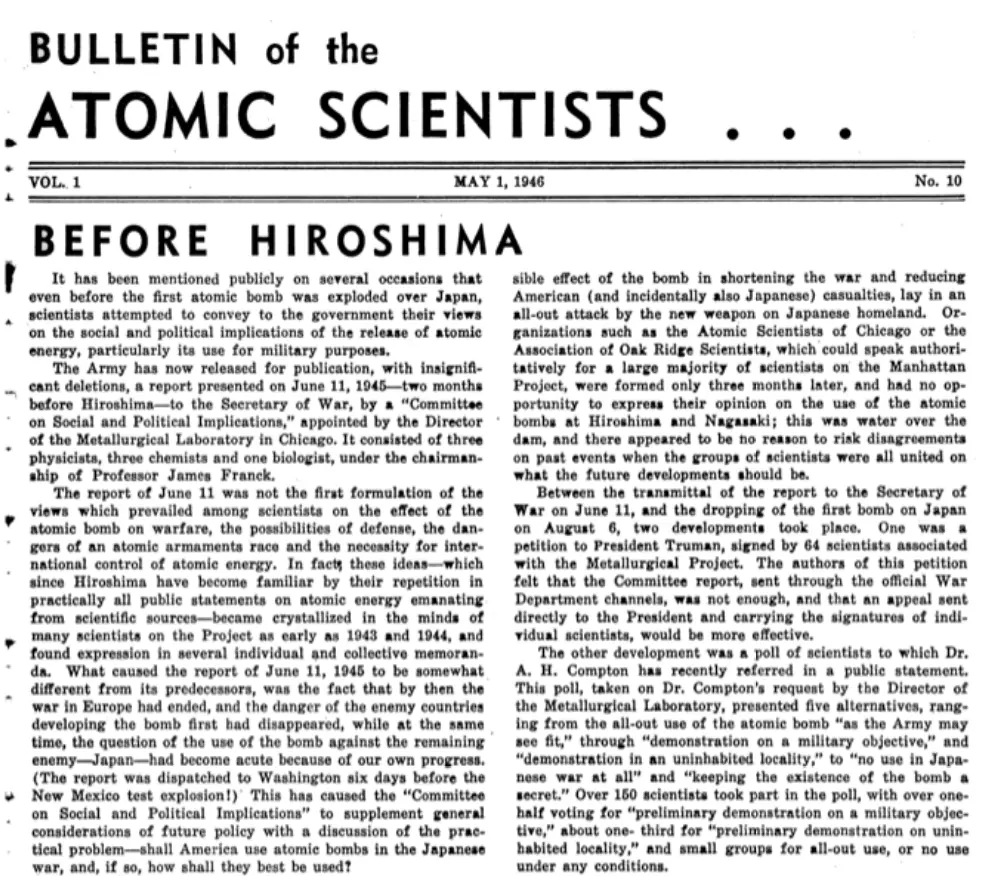 The front page of the May 1, 1946 edition of the Bulletin of the Atomic Scientists, which featured the declassified version of the Franck Report, principally written by Eugene Rabinowitch, the co-founder of the Bulletin.
The front page of the May 1, 1946 edition of the Bulletin of the Atomic Scientists, which featured the declassified version of the Franck Report, principally written by Eugene Rabinowitch, the co-founder of the Bulletin.
This week marks the 75th anniversary of the atomic bombings of Hiroshima and Nagasaki. The events of early August 1945, which changed the course of human history, might have been prevented had the Truman administration heeded the advice offered by seven prominent and prescient Manhattan Project scientists. In the Franck Report—named after Nobel prize–winning physicist James Franck because he chaired the committee that produced it—the scientists recommended that the United States not use the atomic bomb as a weapon against the Japanese.
The classified document was submitted to the Interim Committee, a group appointed by President Truman to advise him on the use of the bomb, in June 1945, one month before the Trinity test and two months before Hiroshima and Nagasaki. While the scientists agreed that the development of nuclear power constituted an important addition to the technological and military power of the United States, it also created, in their words, “grave political and economic problems for the future.” Consequently, they advised against an attack on Japan because
if the United States were to be the first to release this new means of indiscriminate destruction upon mankind, she would sacrifice public support throughout the world, precipitate the race for armaments and prejudice the possibility of reaching an international agreement on the future control of such weapons.
Their advice was ignored, and the bombs were dropped. The race for armaments followed.
The Franck Report became the seminal document on nuclear arms control after a declassified version was published in the May 1, 1946 issue of the Bulletin of the Atomic Scientists. Principally written by Bulletin co-founder Eugene Rabinowitch, the report predicted the impossibility of keeping the (secret) nuclear genie in the bottle.
If Rabinowitch were still alive today, how would he reflect on what he wrote in 1945? Would the events of the intervening years bring him hope or despair? Here’s what I imagine he might have written:
75 years ago this week, the world experienced something entirely new in terms of its magnitude of destructive power. My colleagues and I had hoped that the bombs wouldn’t be dropped. Rather, we advised President Truman to demonstrate the new weapon before representatives of all the members of the United Nations, either in the desert or on a barren island. We thought America might say to the world, “You see what sort of a weapon we had but did not use. We are ready to renounce its use in the future if other nations join us in this renunciation and agree to the establishment of an efficient control.”
Alas, that was not to be. Instead, the world witnessed the Trinity test at Alamogordo in July, followed by the nightmare unleashed on two Japanese cities in August.
It is hard to imagine what might have happened had President Truman agreed with our recommendations. Did he know that unleashing the deadliest bomb the world has ever known would precipitate an arms race and prejudice the possibility of reaching an international agreement on the future control of such weapons? Did he know that, by 2020, nine states would possess a total of nearly 14,000 nuclear weapons?
While we did not succeed in convincing President Truman to refrain from the atomic bombing of Japan, nor in averting a nuclear arms race, I remain convinced that humanity can learn enough from the past to ensure its future. It is this conviction that led me and my colleagues to create the Bulletin of the Atomic Scientists in December 1945. We wanted to create a venue for scientists, previously suppressed by government secrecy, to publicly voice their opinions and provide the information and perspectives necessary to avoid nuclear war. I am delighted that experts whose principal interests lie in history, sociology, law, and other fields outside physics and chemistry have been involved with this magazine from the start. And, of course, I am relieved that we have not witnessed nuclear war.
But if we want to stave off nuclear war for another 75 years and beyond, we have more work to do. In the Franck Report, my colleagues and I noted that:
In the past, science has often been able to provide also new methods of protection against new weapons of aggression it made possible, but it cannot promise such efficient protection against the destructive use of nuclear power. This protection can come only from the political organization of the world. Among all the arguments calling for an efficient international organization for peace, the existence of nuclear weapons is the most compelling one. In the absence of an international authority which would make all resort to force in international conflicts impossible, nations could still be diverted from a path which must lead to total mutual destruction, by a specific international agreement barring a nuclear armaments race.
This is as true today as it was when we wrote it. Though some believe that nuclear deterrence will keep us safe, I cannot agree. As my colleagues opined in the 40th anniversary edition of the Bulletin in August 1985, “Now is the time to bury the perverse notion that world peace can be preserved by continually preparing for war. We must work for a lasting peace, while there is still time.” Even though we were unable to stop the bombs from being dropped in Japan, perhaps we can stop them from ever being used again.
With gratitude for your unwavering support.
As I think about the devastation and destruction unleashed by the atomic bomb 75 years ago this week, I cannot help but wonder what alternate future we would be living in had President Truman heeded the advice offered by Rabinowitch and the other scientists behind the Franck Report. I would hope that 25 years from now, we won’t still be imagining a world without nuclear weapons, but instead that, with our continued, collective efforts, we will have reached it.
Together, we make the world safer.
The Bulletin elevates expert voices above the noise. But as an independent nonprofit organization, our operations depend on the support of readers like you. Help us continue to deliver quality journalism that holds leaders accountable. Your support of our work at any level is important. In return, we promise our coverage will be understandable, influential, vigilant, solution-oriented, and fair-minded. Together we can make a difference.
Keywords: Eugene Rabinowitch, Franck Report, Hiroshima and Nagasaki
Topics: Columnists, Hiroshima & Nagasaki
Share: [addthis tool="addthis_inline_share_toolbox"]
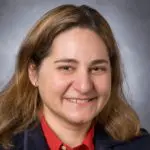

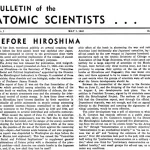
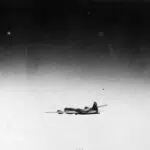
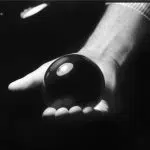
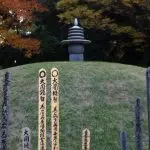
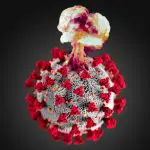
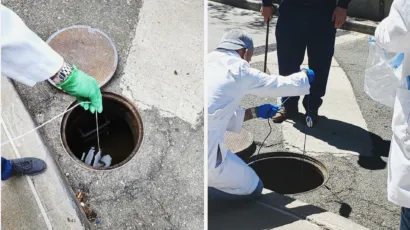
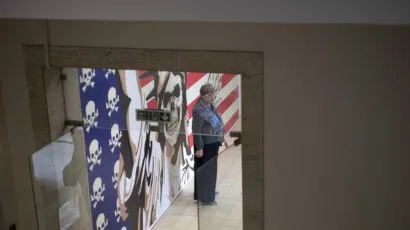

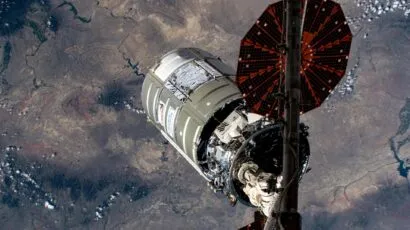
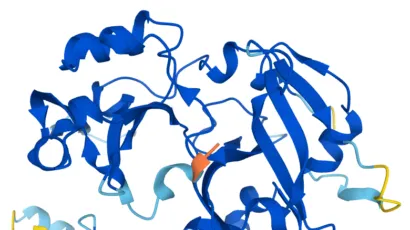
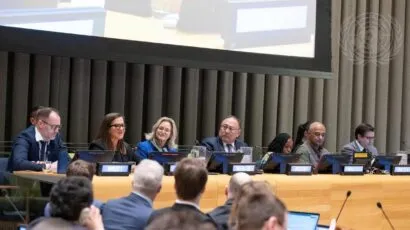
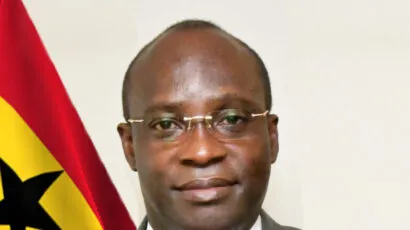
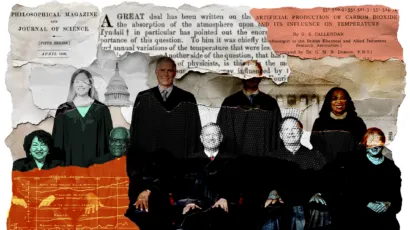
Sara,
I much appreciated your perceptive piece. Normally academics living in Bloomington, Indiana, my wife and I are currently at our family summer home in Southern Vermont. That is where my twin brother Victor and I were on that terrible day 75 years ago when the bombing of Hiroshima was first announced to the world. Through tears my father, Eugene Rabinowitch, first told us about what he had been working on in Chicago during the war. He was momentarily devastated; it was the only time I saw dad cry.
Alex Rabinowitch
Dear Alex: Thank you so much. I am really pleased to hear that you liked my piece. Thanks also for sharing. That’s incredibly moving. Apologies for taking so long in writing back to you. Sara